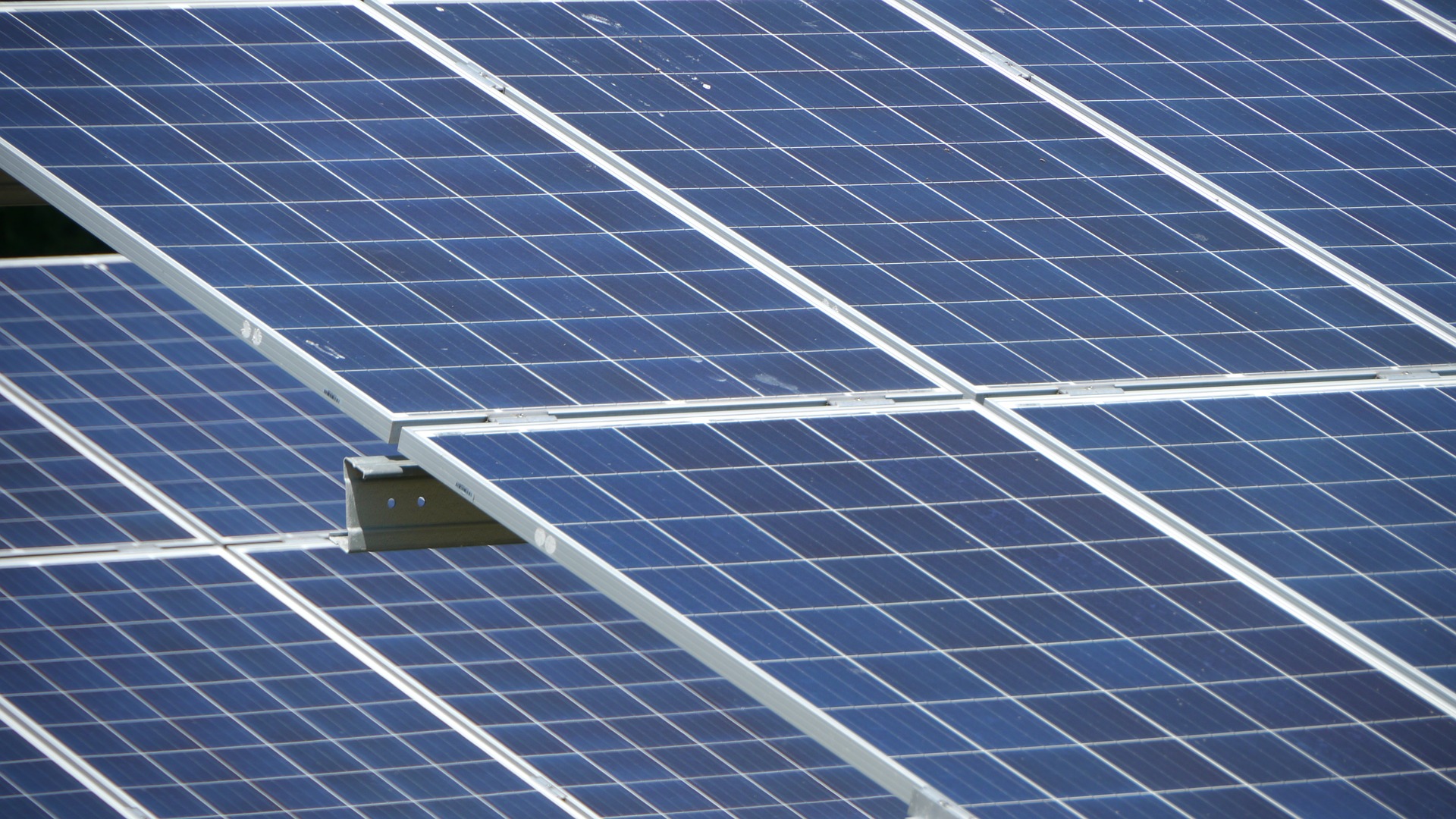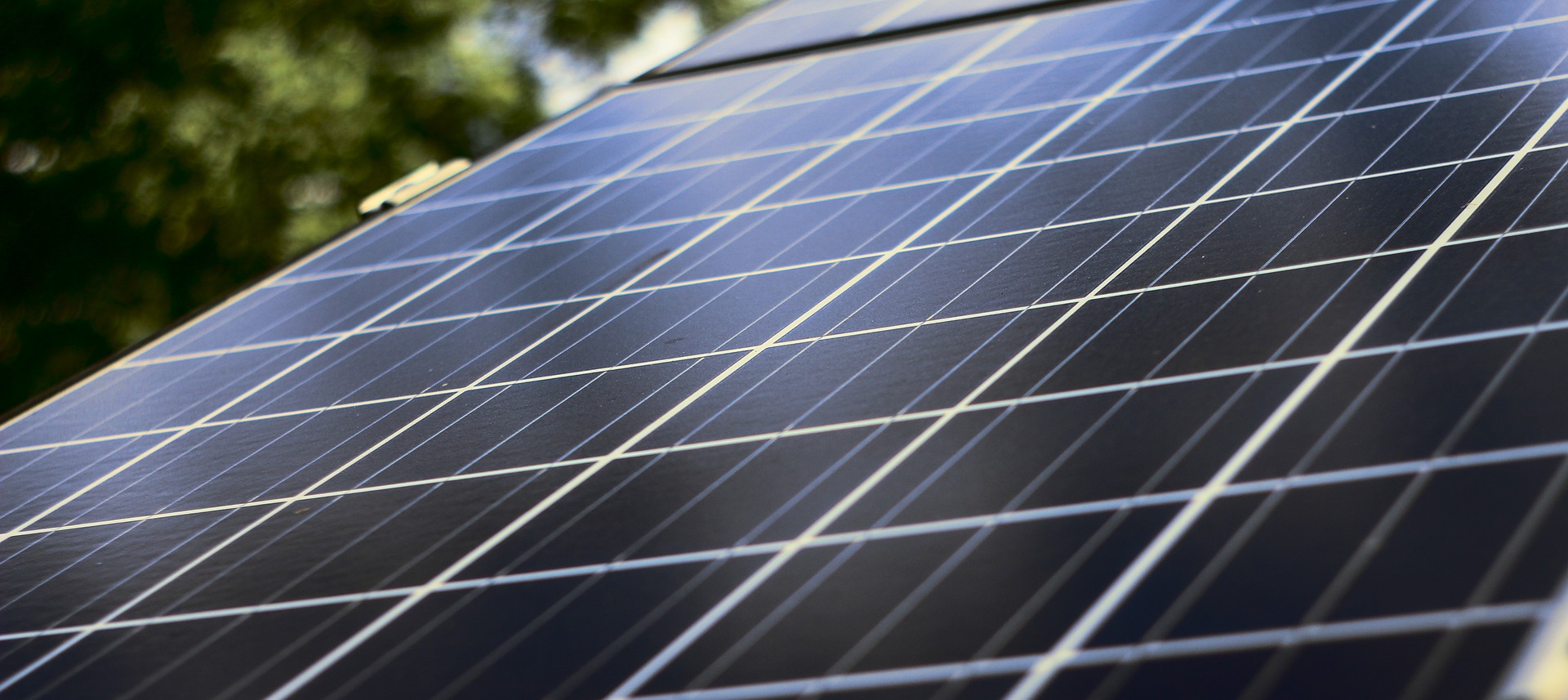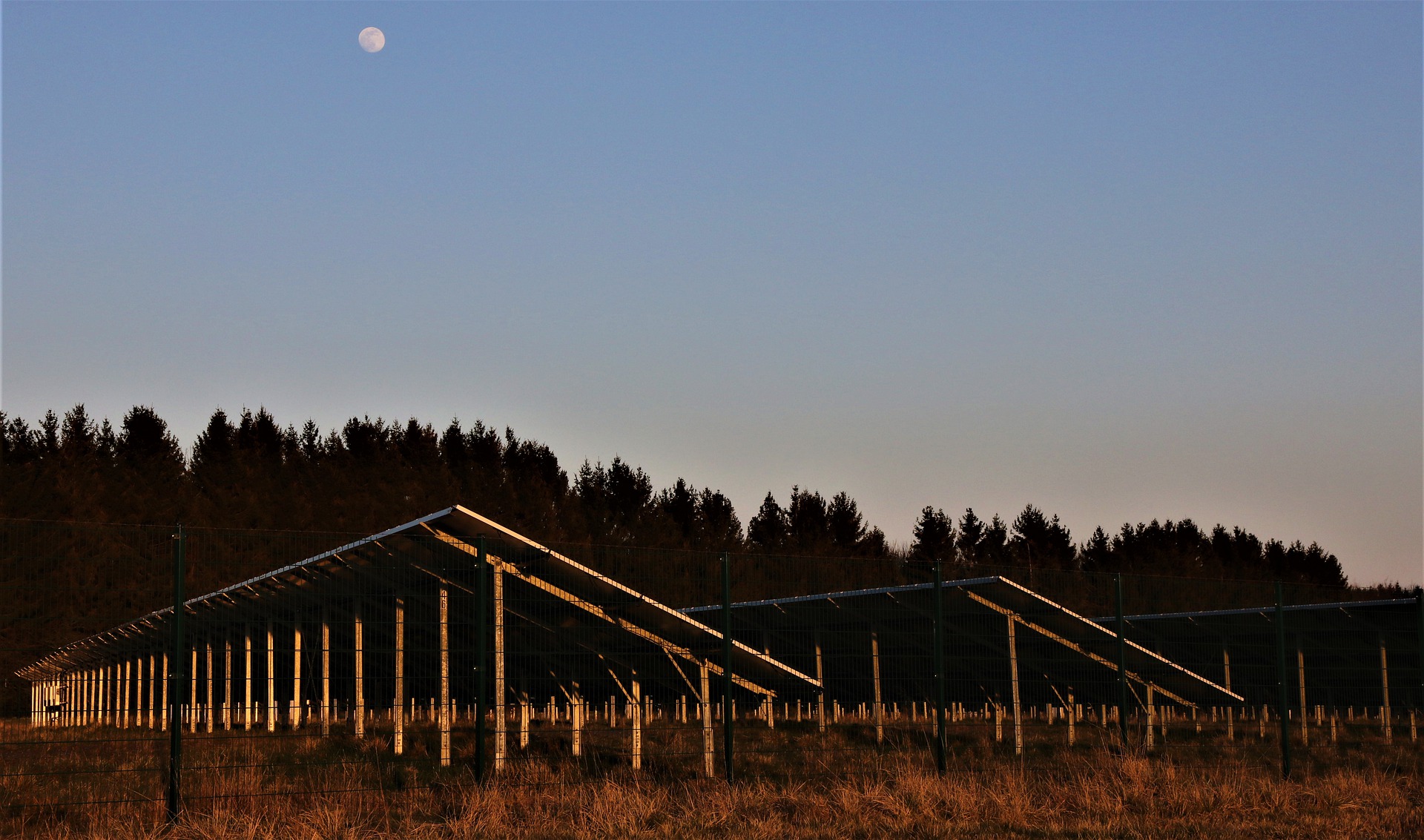Rhode Island's clean energy sector has seen a 74% increase in jobs since 2014. The Rhode Island Executive Climate Change Coordinating Council (EC4) has devised a clear Greenhouse Gas Emissions Reduction Plan.
Providing a clean, affordable and reliable electric grid is paramount if Rhode Island is to effectively reduce greenhouse gas emissions across all sectors of the economy—including electricity generation, transportation, and heating. Clean and affordable energy will be the future of the electric grid and this requires a diverse combination of solar, offshore wind, on-shore wind, and energy storage.
Rhode Island has also joined the United States Climate Alliance, a bipartisan coalition of governors committed to reducing greenhouse gas emissions.
Rhode Island has taken significant steps to reduce carbon emissions in the electric sector including the implementation of:
- The Renewable Energy Standard
- The Renewable Energy Growth Program (implemented by National Grid)
- The Renewable Energy Fund
- The Commercial PACE program
- The Rhode Island Infrastructure Bank
- The Rhode Island Office of Energy Resources (OER)
- The Division of Public Utilities and Carriers (DPUC)
- The Department of Environmental Management (DEM)
- National Grid: Electric Distribution Company (National Grid)

Rhode Island is home to the country's first operational offshore wind farm—located off the coast of Block Island. Rhode Island now counts more than 800 MW of renewable energy within its energy supply portfolio.
Additionally, Rhode Island is a founding member of the Regional Greenhouse Gas Initiative (RGGI), the nation's first market-based cap-and-trade program to reduce emissions from the power sector.
The Rhode Island Office of Energy Resources (OER) will conduct economic and energy market analysis and develop viable policy and programmatic pathways to meet 100% of the state's electricity demand with renewable energy resources by 2030. Some of the key parties involved in this process include:
The wholesale power market system operator for the Rhode Island region is the New England ISO (NE-ISO). The distribution system is operated by National Grid. In 2020, National Grid released a DER map locator which allows developers to identify substations and feeders that are capable of hosting solar electricity generating facilities.
YSG Solar commends Governor Gina M Raimondo of Rhode Island for this ambitious goal and is committed to advancing the deployment of solar development. YSG develops commercial, industrial, community solar, and utility-scale solar projects across North America.
Landowners in Rhode Island that are interested in leasing their land for a solar farm should speak to YSG Solar.
How much does the National ReGrowth Program Pay Per kWh?
As of 2020 National Grid's most recent auction results averaged $0.17 per kWh. This is for medium-scale commercial solar projects.
Does Rhode Island have a Feed-In-Tariff?
Yes, essentially the National Grid ReGrowth Program provides developers a 20-year contract with a fixed compensation rate per kWh. The compensation bundles Energy, Capacity, and REC.
How much can you lease your roof for in Rhode Island?
$50,000 each year for a roof that can accommodate 1 MW.
How much can you lease your land for in Rhode Island?
Property owners in Rhode Island can expect $15,000 per MW or $3,000 per acre. This is based on the 2019 Federal Tax Credit (ITC) which equals 30%.
How big of a roof do you need for a 1 MW solar system?
A 1 MW solar system can take up to 70,000 square feet of roof space.
What is the average Interconnection cost in Rhode Island?
Based on the National Grid auction results the average interconnection upgrade cost is $175,000 per MWac.
If you want to develop a Rhode Island solar project, get in touch today. YSG will assist you in developing your ideal project—commercial, industrial, community, or utility-scale. Send us an email, or call at 212.389.9215 to get started.
YSG Solar is a project development vehicle responsible for commoditizing energy infrastructure projects. We work with long-term owners and operators to provide clean energy assets with stable, predictable cash flows. YSG's market focus is distributed generation and utility-scale projects located within North America.
Sources:

